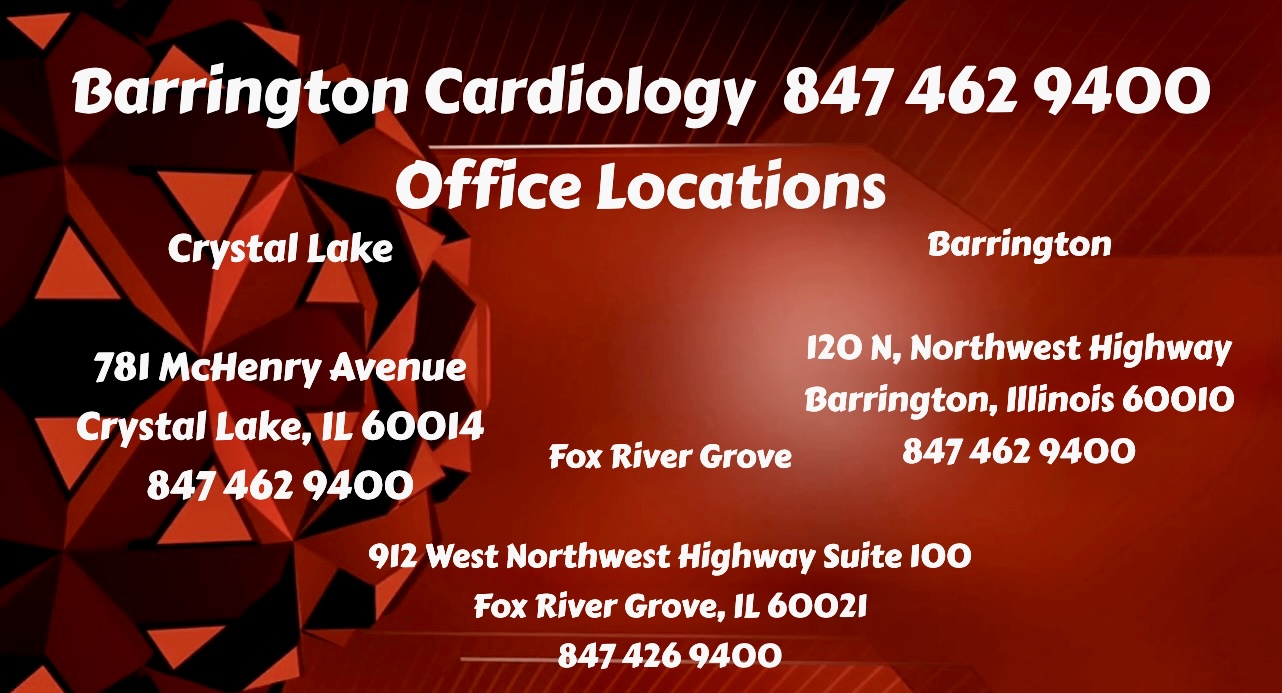The Breast Cancer survivor of today, should not become the Heart Failure patient of
tomorrow. Cardio-Oncology Partnership.
As a women cardiologist, I see many patients in different stages of Breast Cancer treatment, cancer free ,or years in remission. I was always puzzled by finding some form of heart disease in these patients, when there was no heart risk factor present. I also try to put some logic in my medical decisions, and understand scientifically why the disease is present, and which pathway of therapy is appropriate.
I’ve never been able to find a reason for heart failure in these cancer patients, or understand why a perfectly well positioned stent for heart attack would close, with devastating consequences.
Major and rare complications happened over the years in breast cancer patients, or survivors with previous chemotherapy and radiation therapy to chest area. Mostly women. Stent closure, no response to standard anti-platelets therapy, – aspirin, plavix, more clotting disorders, such as fatal pulmonary embolism, more arrhythmia, or new abnormalities on EKG.
Recently, Cardio-Oncology discipline developed, explaining the missing link between breast cancer and heart disease . Breast cancer therapy may lead to heart toxicity- early in the course of therapy but also delayed, years after treatment , explaining a lifelong increase risk of these patients to heart failure, heart attack, arrhythmia, clotting disorders ( thromboembolism), valvular disease , pericarditis.
It is also believed that breast cancer and heart disease may have some common predisposing factors; thus , not only chemotherapy and radiation therapy, but developing breast cancer, increases the incidence of heart disease .
 With new cancer therapy advances, survival of these patients rose significantly.
With new cancer therapy advances, survival of these patients rose significantly.
Many breast cancer survivors are aged at least 65 years, and the leading cause of mortality in this group is not cancer, but Heart Disease.
Based on a recent article in Circulation, feb 1, 2018, ” in US , breast cancer affects an estimated 3.32 million women, and an an estimated 47.8 million women are affected by heart disease.
” The early identification and management of cardiac risk factors in this population is important because heart disease, if not recognized and treated , can pose a greater risk than the cancer itself.”
Some breast cancer patients may have Heart Disease at the time of the diagnosis. Close monitoring by a cardiologist, with serial echocardiograms, or changes in cancer and heart treatment is mandatory during the course of chemotherapy and radiation therapy
Some breast cancer may develop Heart Disease due to therapy, including coronary disease, Heart failure, thromboembolism. Specific routine monitoring is recommended , with cardiac evaluation and testing at specific intervals during chemotherapy.
Early cardiac intervention is crucial.

Echocardiogram is the most useful test in these patients. Recently, a new echo tool is added – “Strain imaging in echocardiography”, with specific role in detecting cardiac damage and toxicity, before symptoms occur or Ejection fraction drops. This is the key to intervention.
Radiation therapy increase lifelong risk of heart attack and vascular disease. Early reports support use of specific anti-platelet therapy after stents, more potent, recognizing the occasional failure of plavix and aspirin.
Where do we go from here
Acknowledge the link between Cancer, in particular Breast cancer and Heart Disease. In the last few years, we recognize and treat cardiac toxic effects of Cancer therapy, and pay extra attention to women with history of breast cancer, in choosing heart disease therapies, screening, lifelong cardiac follow up
Remember, – all started with this news: BBC News : “ The drug Herceptin cuts the risk of tumor returning in women with early stage breast cancer by 50 %… Winning the battle with cancer, will make you win the HEART !



